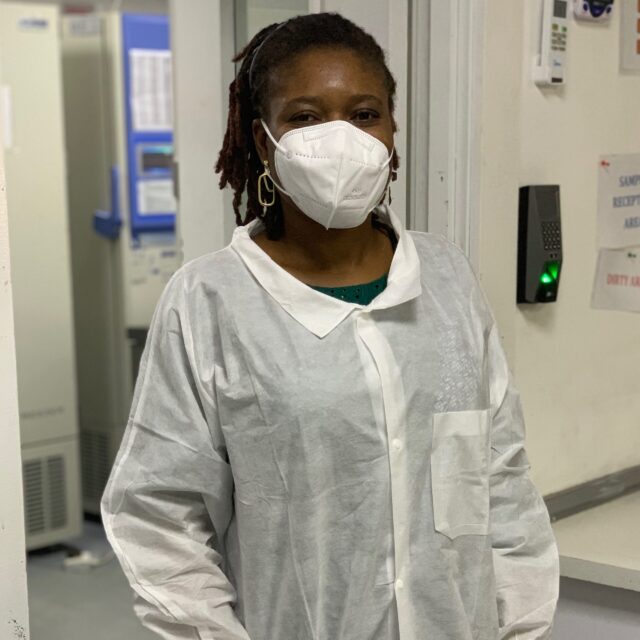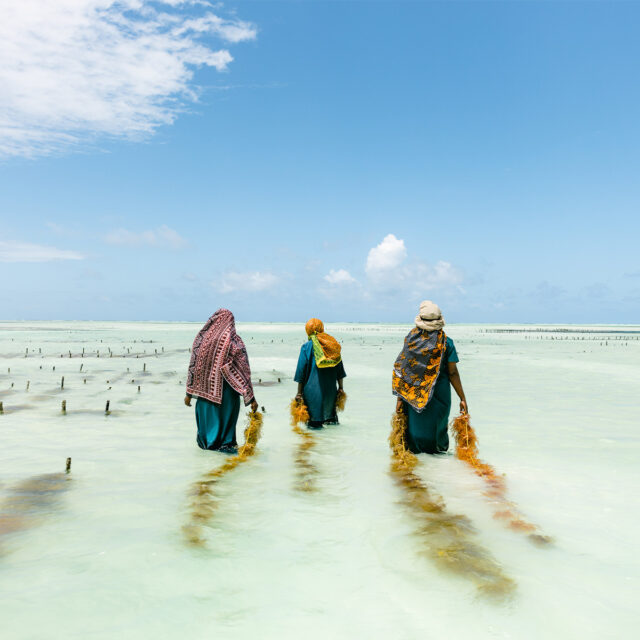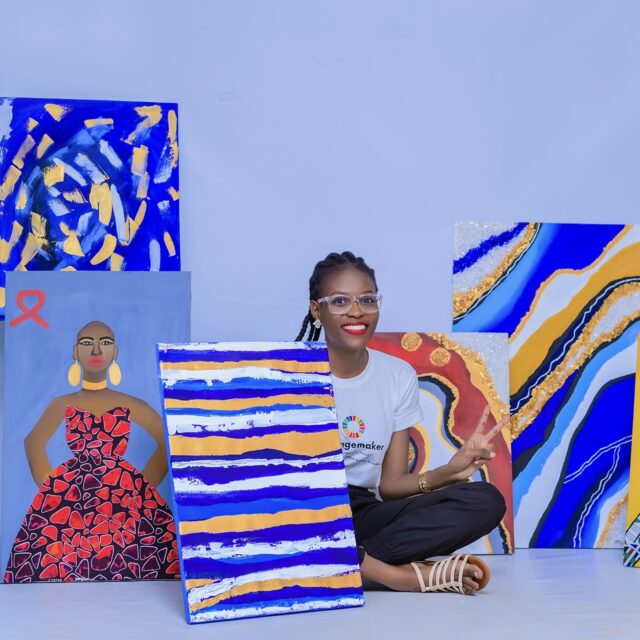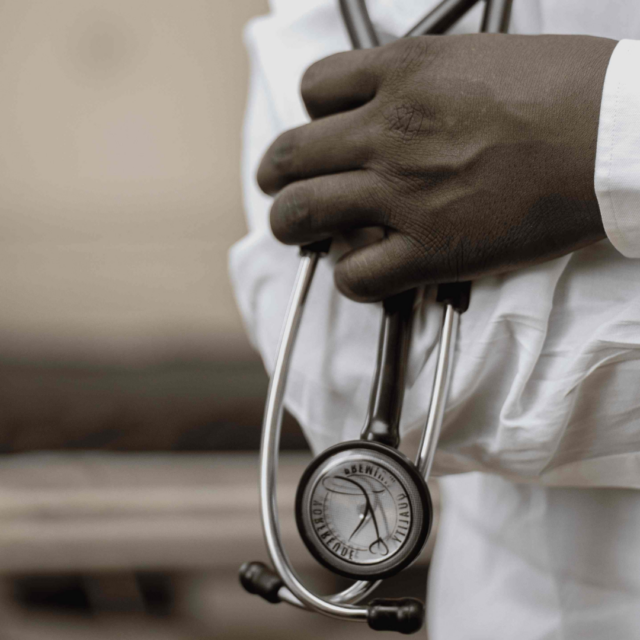Celestina Obiekea is a ONE Champion alumni and consultant with the Nigeria Centre for Disease Control.
Celestina Obiekea has seen first hand the impacts of COVID-19, working as the laboratory network advisor at the Nigeria Centre for Disease Control.
She wants all Nigerians to know the pandemic is real:
“While a lot of people will likely get infected and recover without even so much as a headache, there’s no magic wand to tell who will survive and who will not, and at the end of the day, we are all risk factors to one another,” Celestina explains.
Her primary role is supporting the establishment of a network of laboratories that are able to detect and respond to infectious diseases of public health interest in Nigeria. Currently, she’s responsible for managing and coordinating the setup and expansion of COVID-19 testing laboratories in Nigeria.
We spoke with Celestina about her work, the progress made over the past six months, and why everyone needs to take COVID-19 seriously.
What is the biggest challenge you face in your work on COVID-19?
My biggest challenge so far is scaling up testing to as many laboratories as possible… but I like to see that more as an opportunity, than a challenge. I am currently responsible for the expansion and setup of laboratories for COVID-19 testing in Nigeria and when we were drawing up the pre-action plan in January and I had to work on a plan for the laboratory, even though we all wanted at least one testing laboratory per state, at that time, knowing the infrastructure that was in place, I really did not think we could achieve that goal in one year, to say the least. So, we set a minimum target of at least two laboratories per geopolitical zone, with a plan to grow it out from there.
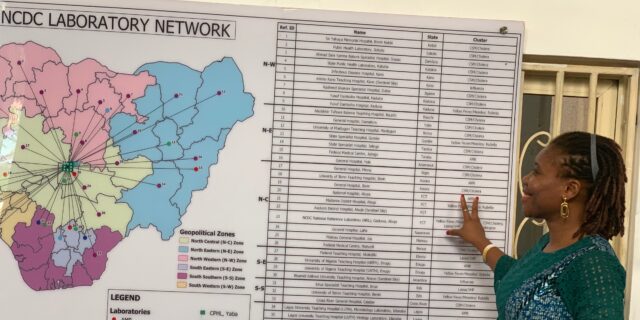
It just blows my mind sometimes to see how much we have scaled up in just about six months and the amount of effort still going in to further scale up, as well as the enormous opportunities that are out there to facilitate this.
From January, 2020, the NCDC had started preparedness for detection and response to COVID and the detection of the first case was successful because we already had the setup and reagents for testing, plus the reporting structure in at least three laboratories at the time.
I was in Uganda, attending a meeting of the Yellow Fever laboratory network coordinators for the Africa region, when news of the first case broke out and I just knew life was not going to be the same again after that… and it hasn’t been. Since 27 February, it has been an almost 24 hour work day, seven days a week work schedule for almost all of us at the NCDC, so much that even when I manage to catch some sleep, I am still dreaming about work that still needs to be done.
Where do you draw strength and reassurance from in the face of these challenges?
I draw strength mainly from the fact that where we are now is not where we were six months ago. Every day, we are seeing some traction in the positive direction, and it really just makes me know that things can really get better if we are all committed to it and put in the work, with all sincerity and transparency.
I also have an amazing small circle of friends and family who are always there, holding my hands, checking up and sending me reassurances of their prayers and support every now and then – we never know how much these little gestures mean until we are in a situation when we really need them.
If you could communicate one thing to Nigerians about the current pandemic, what would that be?
The only thing I would really want to communicate to Nigerians really is the fact that the COVID-19 pandemic is real and you CAN and YOU WILL get COVID if you get exposed and do not take the necessary precautions.
In the end, we have a collective responsibility for one another.
While a lot of people will likely get infected and recover without even so much as a headache, there’s no magic wand to tell who will survive and who will not, and at the end of the day, we are all risk factors to one another. So, even if you are so careful, but the person next to you is not, then, there is no certainty. In the end, we have a collective responsibility for one another and that is why we started the #TakeResponsibility campaign at NCDC.
